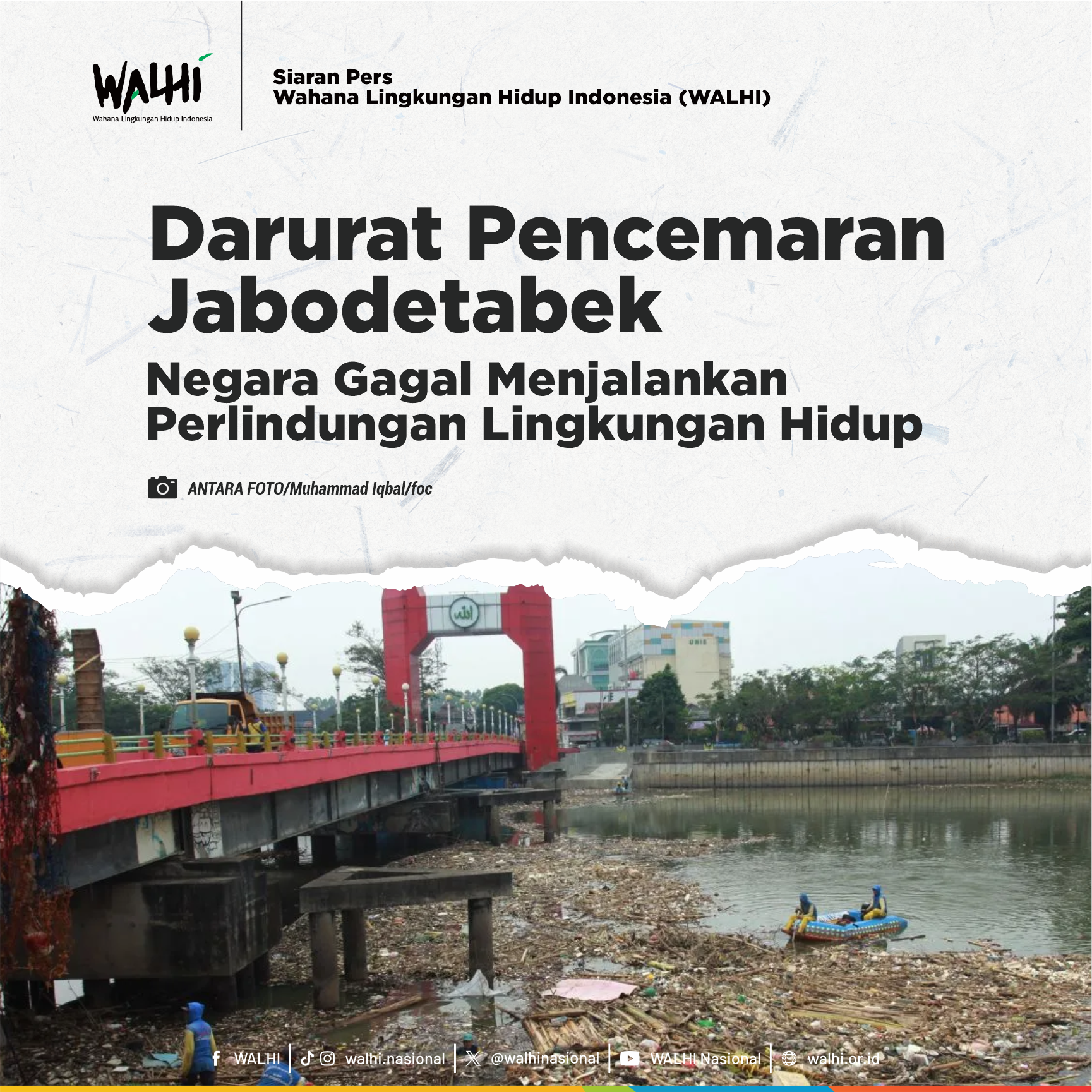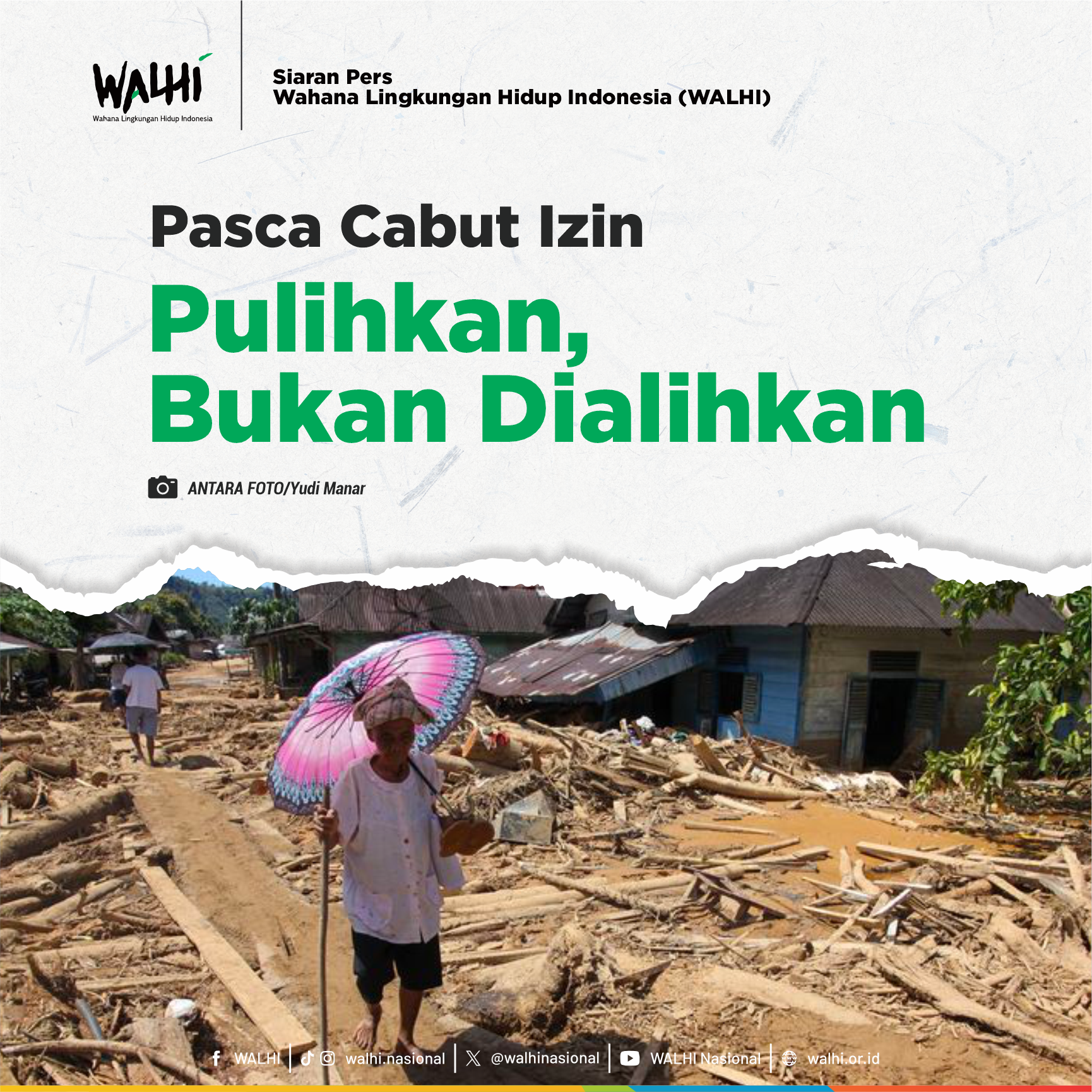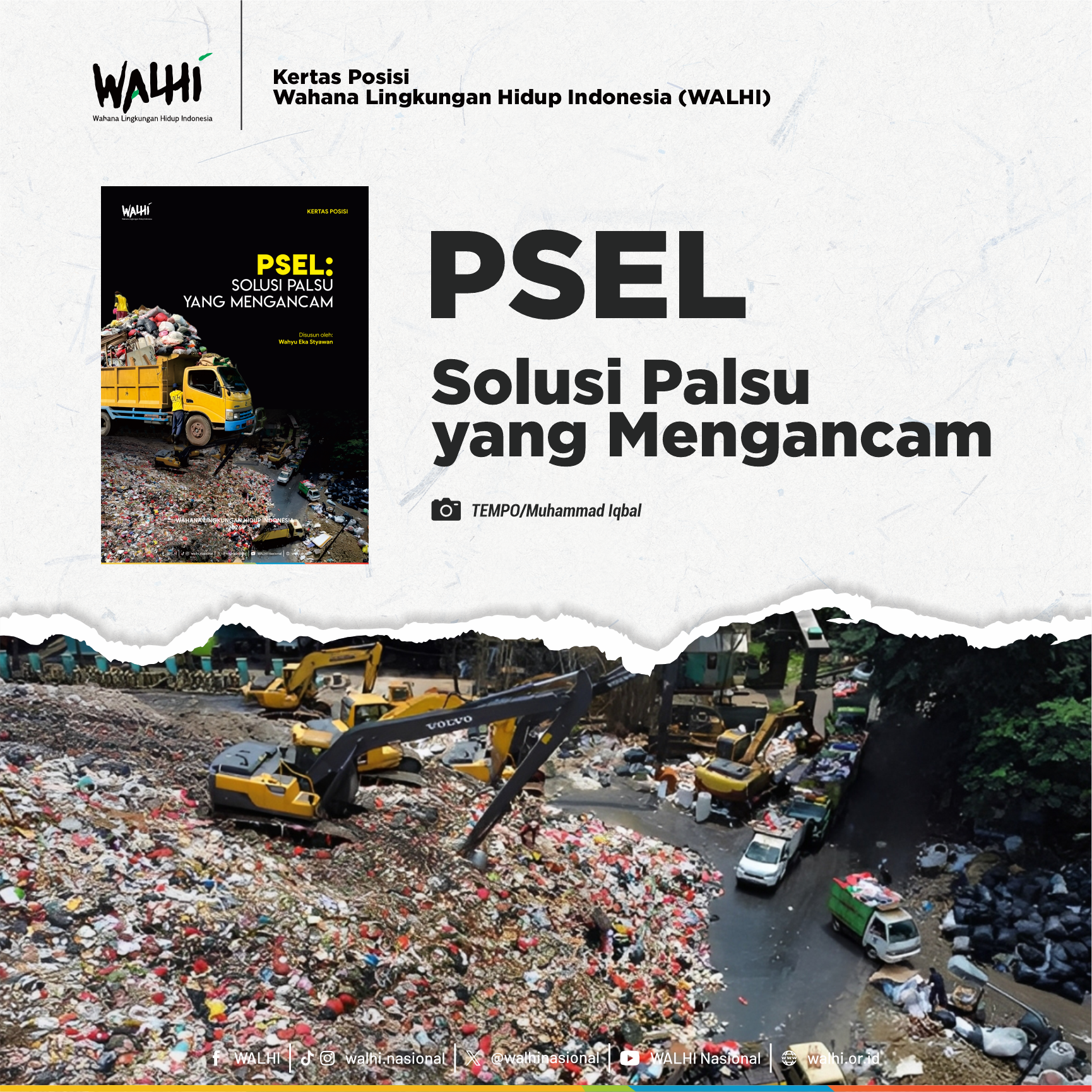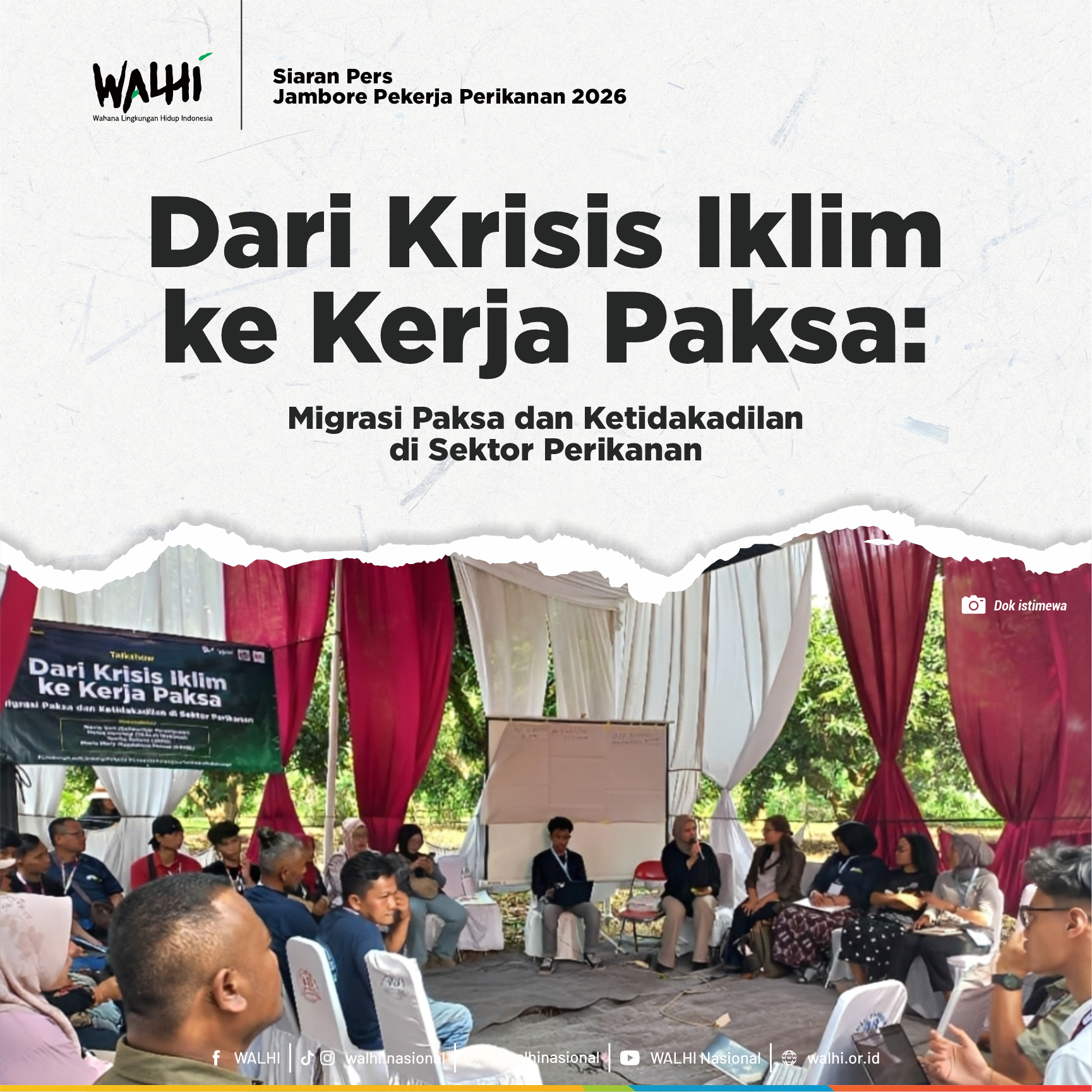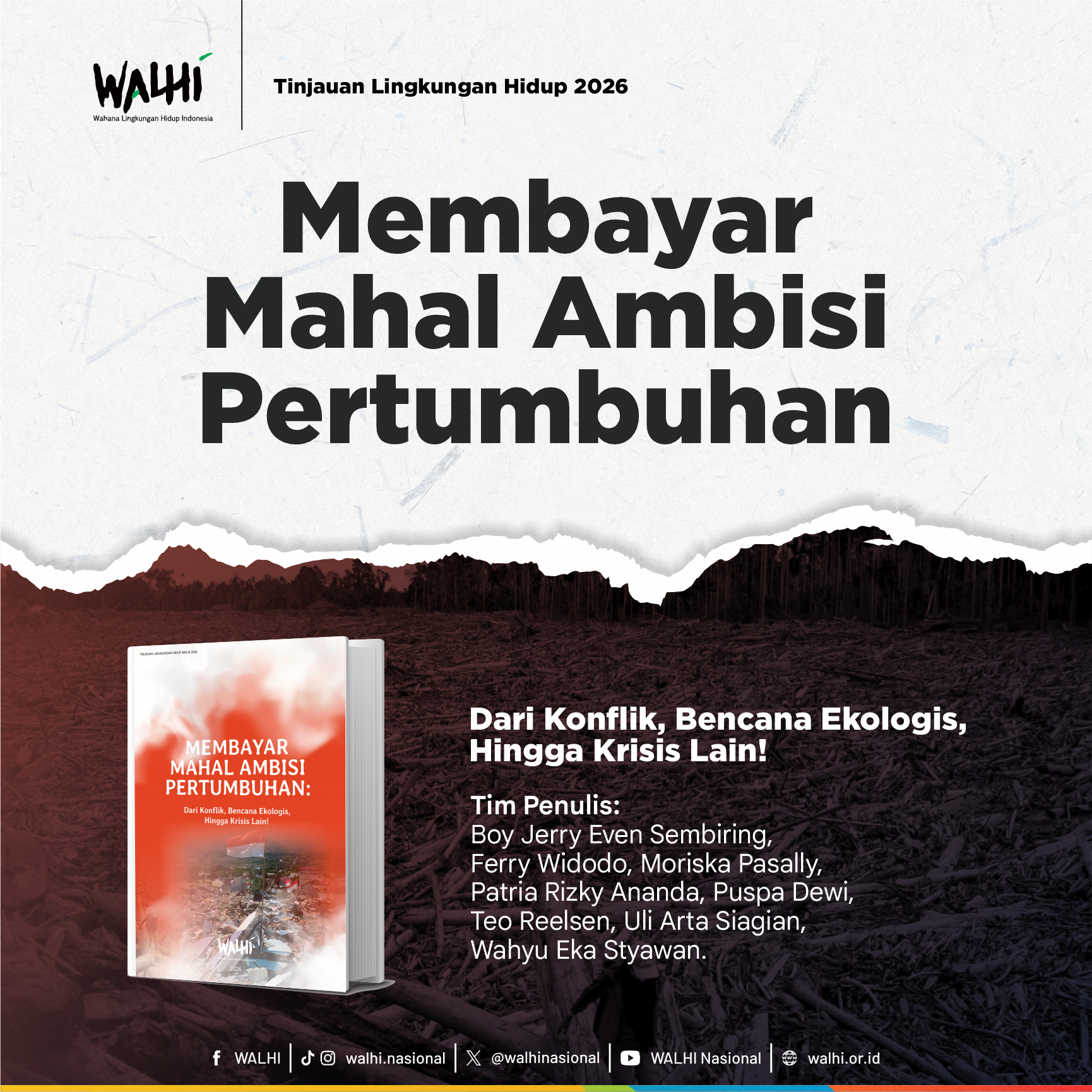PRESS RELEASE 21 June 2019 Business giants Marubeni,
Mizuho and Sumitomo felt the ire of climate justice groups who trooped to their offices and the streets in three countries of Asia on June 21, to demand a stop to their coal and fossil fuel investments. The coordinated actions in Indonesia, The Philippines, and Japan, were held in time for the three companies’ annual shareholders meetings in Japan. “These Japanese firms are among the topmost of Asia’s Dirty Companies. They are invested in the dirtiest of energy sources – fossil fuels, particularly coal. We are mobilizing to demand an end to their coal and fossil fuel investments,” said Mr. Merah Johansyah, coordinator, JATAM, a coalition working on mining policies. “There will be no stopping the droughts and flooding we are experiencing here and other intense disasters elsewhere if burning fossil fuels which is the leading cause of global warming and climate change is not stopped, ” Johansyah said. Communities in Indonesia are fighting to kick out coal projects. The Marubeni Cirebon 2 Coal power plant project is among the more controversial ones for involvement ina bribing case. Sunjaya, Cirebon reagent, admitted being bribed by the project. The project is also financed by Mizuho and SMBC bank. “The Coal Power Plant not only gives us dirty air but also uses dirty tricks to run. The corruption case of Sunjaya Cirebon regent is one of example of that dirty project. Japan dirty companies must stop supporting dirty energy here in Indonesia and elsewhere,” pointed out Sawung, WALHI energy and urban campaigner.
The leader of a coalition working on the right of people to water said Japan is becoming "dirty light of Asia. " Mr. Muhammad Reza, coordinator of Kruha, said with “the expansion of its extra territorial economic operation, Japan is fueling agrarian conflict, including land and water grab of communities.” Ms. Lidy Nacpil of the Asian Peoples Movement on Debt and Development (APMDD) noted that the companies, particularly Sumitomo, announced in 2018 restrictive policies in financing coal-fired power plants. “But the loopholes to the restrictions are unacceptable. They are talking about using clean coal technology as if there is such a thing. When they put money on coal, they are still financing disasters.” Speakers in the actions in front of offices of the three companies in the Philippines also debunked notions of clean coal. “All coal technologies entail the extraction of coal from the ground.
This process damages communities and destroys the environment,“ stressed Mr. Ian Rivera of the Philippine Movement for Climate Justice. Ms. Rizza Robedillo of the Oriang Women’s Movement-Quezon City in the Philippines urged the Japanese companies to listen to the voices of affected people and communities and the global clamor to phase out of coal and fossil fuel as swiftly as possible. “Women in affected communities know the hardships and poor health caused by environmental destruction and disasters. We take care of our families. We have to confront the breakdown in social protection when disasters strikes. Corporations should listen and not think only of profits.” Other groups spoke of the situation of communities around the country where coal plants have caused serious environmental impacts that have affected the health and livelihood of residents.
“Instead of holding on to coal, Marubeni, Mizuho and Sumitomo must invest in renewable energy. It is going to be more profitable and it will show that they can be responsible,” Mr. Rivera said. “Coal financing must cease as swiftly as possible if we are to keep global temperature rise below 1.5 degrees Celsius – a goal expressed in the 2015 Paris Agreement signed by nearly 200 member–countries of the United Nations. Scientists say this goal requires that the world fully de-carbonize on or before 2050,” added Ms. Nacpil. In Japan, various groups including Friends of the Earth Japan, Kiko Network, and Japan Center for a Sustainable Environment and Society held actions inside and outside the shareholders meetings of Marubeni and Sumitomo Corp. and demand that they divest from coal. “These companies are hugely responsible for causing climate change. We would like shareholders of these companies to take action to hold them accountable. People who are directly affected by their finance or investment should be heard,” said Ayumi Fukakusa, Friends of the Earth Japan. The APMDD has taken to the streets in earlier shareholders meetings of those they have tagged to be among Asia’s Dirty Companies, including KEPCO Korea and Meralco.

